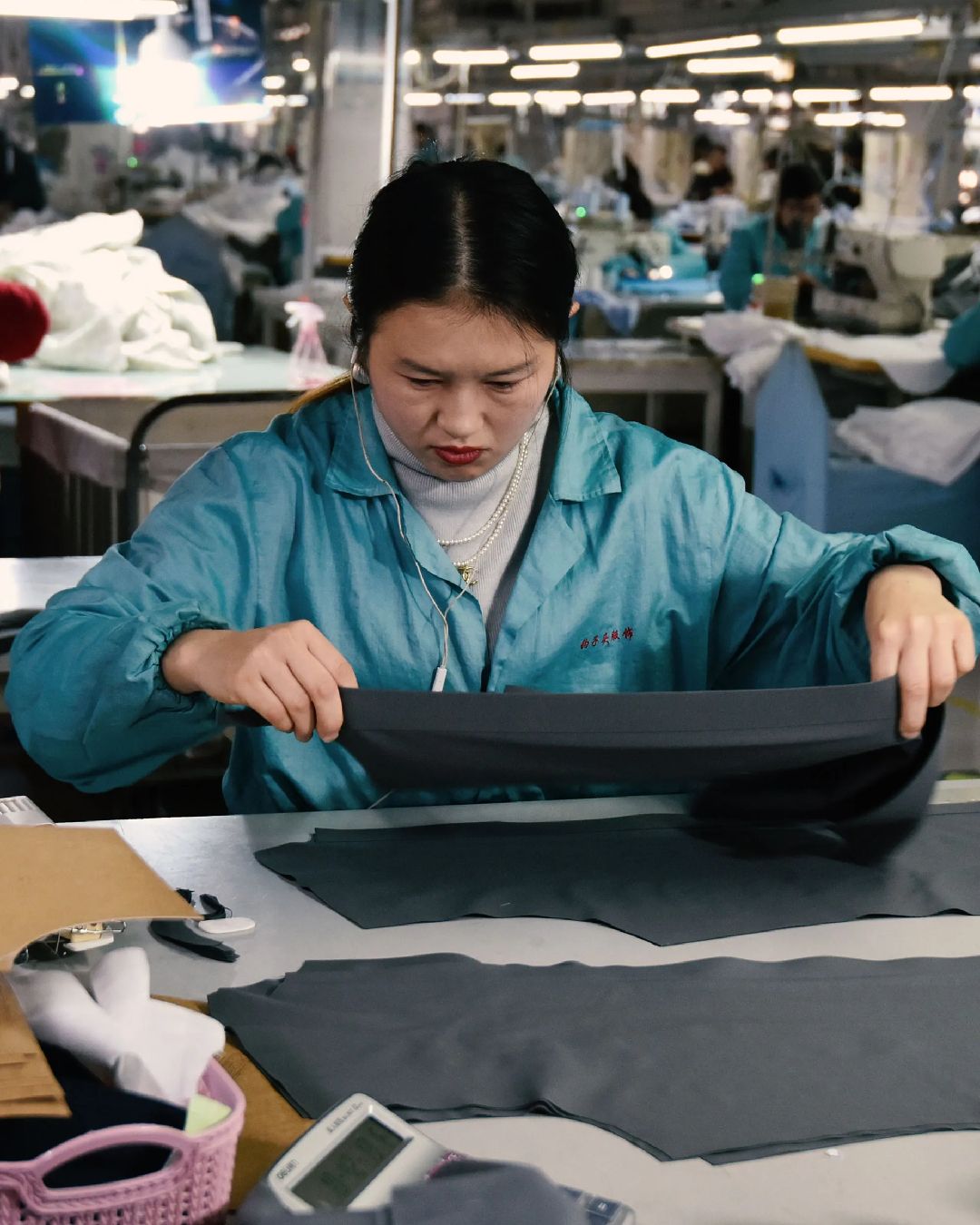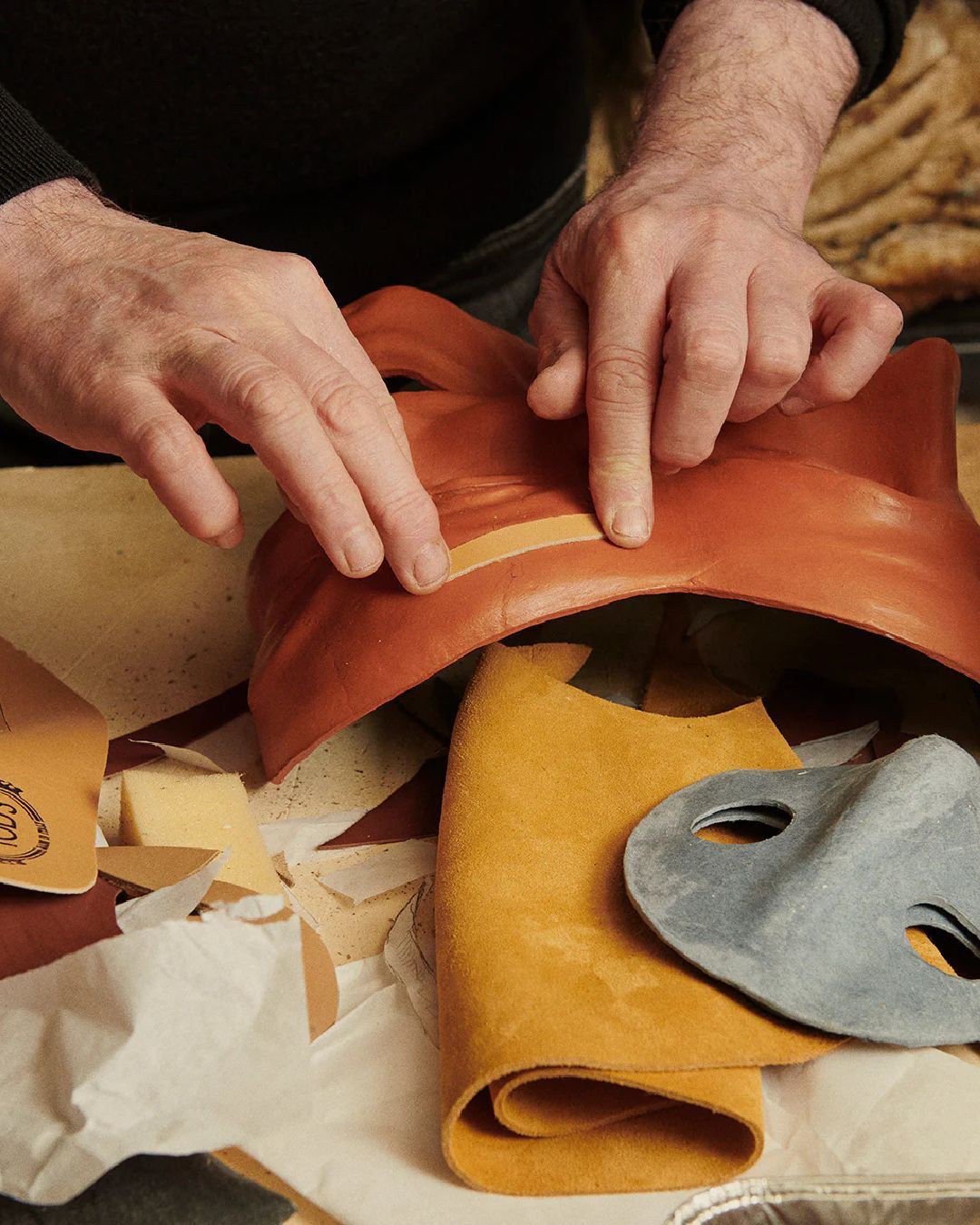
5 questions (and answers) for those who dream of working in fashion From specialized schools to job prospects
Hundreds of thousands of enrollments are registered in Italian fashion schools every year, for a total of new aspiring designers, editors or merchandisers all over the world. Although this is an area that is still too little known from the outside, that of the fashion industry is one of the most aspired professional sectors. But many do not know that often undertaking a path in this sector is more or less equivalent to a leap into the void, especially for those who have not had the opportunity to approach the internal mechanisms of the fashion world before and find themselves choosing a course of study without the means to do so. In addition to being an area in constant evolution, fashion is not governed by ordinary and pre-defined work paths and this is why, for those who dream of a future in the fashion industry, obtaining a clear and concise general picture is increasingly difficult. Thinking about the doubts that frame the choice of one's career path, specialized studies to professional opportunities, we have prepared a hypothetical Q&A dedicated to the most frequent questions.
Do you need a degree to work in fashion?
No, or at least not yet, considering the ongoing upgrade that sees fashion schools as protagonists and the importance of specializing in carving out a space in the contemporary scene. Most of the employees come from very distant professional backgrounds and in some cases they do not even have an academic-university background. In Italy, where the courses of study recognized by the MIUR constitute only a small part of the total, it is rare for a brand to specifically require a classic qualification. The speech is also valid for specialized paths: as Laura Bachman writes on 1Granary, having attended a fashion school can be an advantage, but it is not a necessary step. Rather than the academic path, what is evaluated at the top is a fresh approach to work that is able to bring a new point of view to the sector - which can be favored precisely by a diametrically opposite cultural background.
Do you need to have a large budget to study fashion?
We wish we could say no, but you know, fashion school fees cost a lot and it is not easy to survive without being able to afford additional expenses - printing a creative brochure costs much more than the 5 cents per page of a paper roll. economy, not to mention the seamstresses to pay and the expenses involved in orchestrating an editorial. The motivation? Italian academies are mainly private because fashion has not yet achieved sufficient legitimacy as an academic-scientific discipline and the amounts to be paid to attend the most prestigious are between 10 thousand and 20 thousand euros - and scholarships are generally partially covered. There are only three possibilities to study fashion at public universities: the wide educational offer of the IUAV, the Faculty of Culture and Fashion Practices of the University of Bologna and the Fashion Design course of the Politecnico di Milano. If you dream of studying in London, which sees Central Saint Martin and London College of Fashion some of the most prestigious destinations on a global scale, the fees have always been high and, as Federica Salto explains on iO Donna, now the fees are destined to increase due to Brexit.
Do fashion schools prepare you sufficiently for working life?
If there is one indisputable thing, it is that attending a fashion school requires being open-minded at 360 degrees and surviving very tight deadlines by spending hours and hours in front of the computer in the days (and nights) before an exam. This study method, with little theory and much more practice, is an excellent training ground for those entering the world of work, but not only: another great power of fashion schools lies in allowing those who attend them - and live them, between lifestyle and vocation, to learn the dynamics that govern the system and which are generally unknown to those who, as often happens, come from a small town located in the middle of nowhere. This does not mean that once you come out of an intensive, a master's or an undergraduate course, you will be able to do everything, but there is no doubt that you will have developed the right mindset to tackle each job.
How do fashion schools promote job placement?
Even if it is very likely that as soon as you come out of your first open day you already imagine yourself at the helm of Gucci (speaking of illusions and fashion education there is an always valid article from BOF from 2017), it is important to stay with your feet for Earth. Before paying those fragrant fees, you must know that by doing so you will not be guaranteed a hiring by the time your studies have come to an end. Through the establishment of "career services", fashion schools make available a team of professionals specialized in the field of human resources ready to support each student during the orientation path, which includes the drafting of the CV, the schematic revision of a cover letter and the preparation of an eventual oral presentation. To this are added portals to look for custom work and, in an unofficial way, the contacts of the professors (professionals in the sector) with the outside world. But no one will be able to interview for you. And that, in the end, it will still be like seeing it alone.
Does one necessarily have to have a creative background to work in fashion?
No. As we said for the degree, having a different cultural or professional background can also be the key to success. Areas of interest diametrically opposed to fashion such as science and law are strongly requested by companies. The motivation is to be found in the urgency to respond to the sustainable trend and reduce environmental pollution, in the need to face the increasingly frequent accusations of counterfeiting and unfair competition, and in many other dynamics that, in order to create creative solutions, need of minds that are not. And if Virgil Abloh - an engineer who transformed himself into a visionary designer to become the creative director of one of the most famous luxury brands in the world - is a perfect example, the speech is valid for the members of Pangia and all the others. start-up and sustain-tech projects founded by mathematicians, scientists and researchers who do not come from within the fashion industry and who, as anticipated by an article published in Forbes in 2019, are redefining the meaning of a sustainable brand like no other could do.
































































